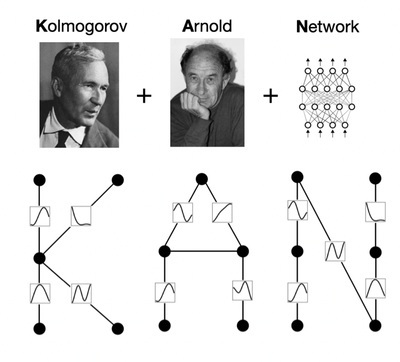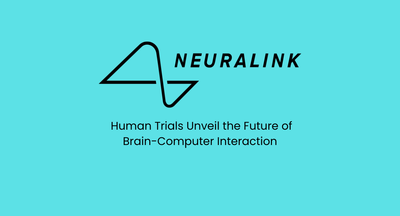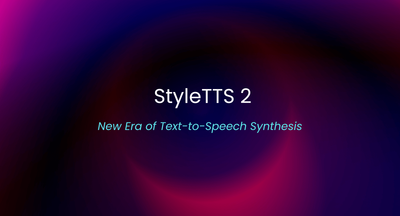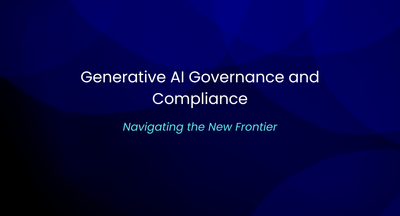OpenAssistant
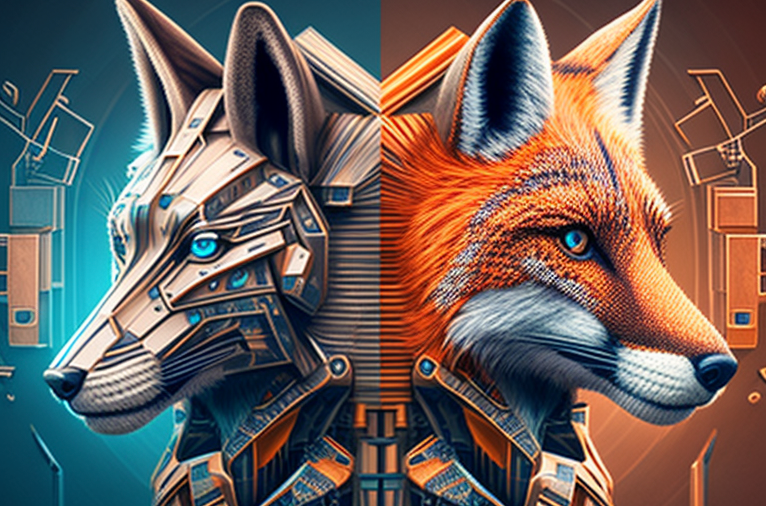
Artificial Intelligence (AI) has revolutionized the way we interact with technology, and chatbots are one of the most prominent examples of this change.
Chatbots are computer programs that use natural language processing (NLP) and machine learning (ML) algorithms to simulate human conversations. These chatbots are capable of answering customer queries, providing support, and handling routine tasks without human intervention. However, building chatbots that can handle complex conversations and understand a wide range of topics can be a daunting task. That's where OpenAssistant comes in.
OpenAssistant is an open-source project that aims to develop AI chatbots that are freely available to everyone. The project was started in 2020, and since then, it has grown to become one of the most promising open-source chatbot initiatives. The project is backed by a community of developers, researchers, and AI enthusiasts who are committed to making AI accessible to everyone.
One of the most critical components of OpenAssistant is its training dataset, OpenAssistant Conversations. This dataset contains over 600k interactions covering diverse topics, making it an ideal resource for training various chatbot models. The dataset is open-source, and anyone can contribute to it, making it a valuable resource for the development of AI chatbots.
OpenAssistant has released several models trained using the OpenAssistant Conversations dataset. The most notable of these are the LLaMA 13B and 30B models. These models are fine-tuned versions of the GPT-3 model, a state-of-the-art language processing model developed by OpenAI. The LLaMA models have been specifically trained to understand and generate natural language responses to a wide range of topics, making them ideal for building chatbots.
While there isn't much performance information available for the OpenAssistant models yet, the fact that they are based on the GPT-3 architecture is promising. GPT-3 has shown remarkable performance in several language-related tasks, and the fact that the OpenAssistant models are fine-tuned for chatbot-specific tasks makes them even more exciting.
OpenAssistant is an ambitious project, and it has the potential to revolutionize the chatbot industry. By making high-quality chatbot models freely available, OpenAssistant can level the playing field for businesses of all sizes. It can also make AI more accessible to non-technical users, who can use the models to build their chatbots without needing to understand the intricacies of AI development.
Large language models (LLMs) such as GPT-3 have shown remarkable performance in natural language processing tasks, but aligning them with human preferences is crucial to improving their usability and driving rapid adoption. Techniques such as supervised fine-tuning (SFT) and reinforcement learning from human feedback (RLHF) have greatly reduced the required skill and domain knowledge to effectively harness the capabilities of LLMs. This has increased their accessibility and utility across various domains, as demonstrated by ChatGPT's success.
However, state-of-the-art alignment techniques like RLHF rely on high-quality human feedback data, which can be expensive to create and often remains proprietary. In an effort to democratize research on large-scale alignment, OpenAssistant has released the OpenAssistant Conversations dataset. This human-generated and human-annotated assistant-style conversation corpus consists of 161,443 messages distributed across 66,497 conversation trees in 35 different languages and annotated with 461,292 quality ratings. The corpus is the result of a worldwide crowd-sourcing effort involving over 13,500 volunteers.
To demonstrate the effectiveness of the OpenAssistant Conversations dataset, OpenAssistant has released the first fully open-source large-scale instruction-tuned model trained on human data. A preference study revealed that OpenAssistant replies are comparably preferred to GPT-3.5-turbo (ChatGPT), with a relative win rate of 48.3% vs. 51.7%, respectively.
The OpenAssistant Conversations dataset is a valuable resource for researchers and developers working on AI chatbots. It provides high-quality human feedback data, which is essential for improving alignment techniques and making LLMs more accessible and useful. The dataset's availability under fully permissive licenses makes it easy for researchers and developers to use it in their projects.
In conclusion, OpenAssistant is not just an open-source project that aims to develop AI chatbots that are freely available to everyone. Still, it also provides a valuable resource for improving alignment techniques and making LLMs more accessible and useful. The release of the OpenAssistant Conversations dataset and the first fully open-source large-scale instruction-tuned model trained on human data is a significant step towards democratizing research on large-scale alignment. With the continued support and contributions of the community, OpenAssistant has the potential to transform the chatbot industry and make AI more accessible to everyone.
Read More


We research, curate and publish daily updates from the field of AI. Paid subscription gives you access to paid articles, a platform to build your own generative AI tools, invitations to closed events and open-source tools.
Consider becoming a paying subscriber to get the latest!
No spam, no sharing to third party. Only you and me.



